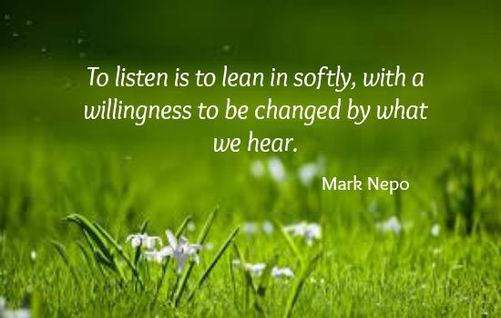|
Recently I was asked, “How do you deal with kids who spend their whole time on digital devices?”
Although the answer is longer than we have time for in this post, the first thing I discussed was how, as a parent, we have to lead by example. If you spend all of your time with your face in a screen, then your children will mimic the behaviour of their greatest hero – You! If you walk in the front door looking at your phone, take calls the dinner table, check your phone first thing in the morning, sit poolside on your phone while on holiday or take calls in the park while pushing them on the swing, then your children will think that it is perfectly normal and acceptable behaviour. The guy who asked the question said, “Yes, I’m aware of that,” to which I replied, “You may be aware of it, but are you doing it?” There’s a great comment in the film, The Matrix which says, “Neo, sooner or later you’re going to realise just as I did, that there’s a difference between knowing the path and walking the path.” So, starting today, audit yourself. Even though you may know you shouldn’t be on your phone when with your children, are you actually doing it? There’s a difference between knowing the path and walking the path.
0 Comments
In this day and age of fast-paced business and multi-tasking, we quickly jump to assumptions by failing to listen, be curious or ask questions. I heard a beautiful saying during the week by Mark Nepo who said in regards to the skill of truly listening, that “To listen is to lean in softly with a willingness to be changed by what we hear.”
All too often, we are so consumed with getting our own point across, defending our own views and just being right, that we don’t take the time to sit back and first seek to understand, before wanting to be understood. I love the idea of leaning in softly and letting the other person know that what they have to say matters, by truly listening, seeing and feeling what is being said. Stories change the world, they change us, they change communities and they solve problems that seem unsolvable. Be curious and ask for more information to truly understand and be willing to be changed by what is said. It is such a profound and powerful statement that we should have as our screensaver so that each day, in every conversation we have with workmates, in meetings, with partners, with children, with strangers in the street, or a taxi driver, that we remember to truly listen and lean in softly and be willing to be changed by what we hear. Is it just me or does anyone else agree that in recent times have the leaders of organisations lost their power? In the last few months I’ve worked with a Chairman who was intent on setting up committees for everything and empowering those committees to make decisions. I worked with the CEO and CFO of a law firm who, after several meetings, were unable to make a decision and deferred it to a committee. More recently a CEO briefed me on a job we were setting up a conference when he decided he couldn’t make the decision and referred it back to a committee.
In the movie The American President, Michael J Fox’s character said to Michael Douglas who was playing the president of the USA, “People want leadership, Mr President, and in the absence of genuine leadership, they’ll listen to the first person who steps up to the microphone.” Sadly today, I think CEOs, MDs or Chairmen of organisations don’t have either the courage or the power to make decisions. Yet any super successful organisation has had a powerful leader who’s been able to make the hard calls, set the dream, pave the direction, inspire people and lead from the front. It doesn’t matter if you’re a one off operator, or you lead a team of one, two, 800 or 1000, just understand that people and businesses need strong leaders. If you need the how-to steps, pull out the great autobiographies of past leaders, right back to Abraham Lincoln, Churchill or Mandela and know that these people made the tough calls and led fearlessly from the front. In my experience committees are just a way to put off the hard calls and inevitably lead to inertia. |
|
ABN: 16 079 593 785. Tel: +61 2 9231 5256
Postal Address: 21/4-8 Waters Road, Neutral Bay, NSW, 2089 Australia
Site Design by Bertwistle Holdings. Photography by Sarah-Jane O'Hara



 RSS Feed
RSS Feed